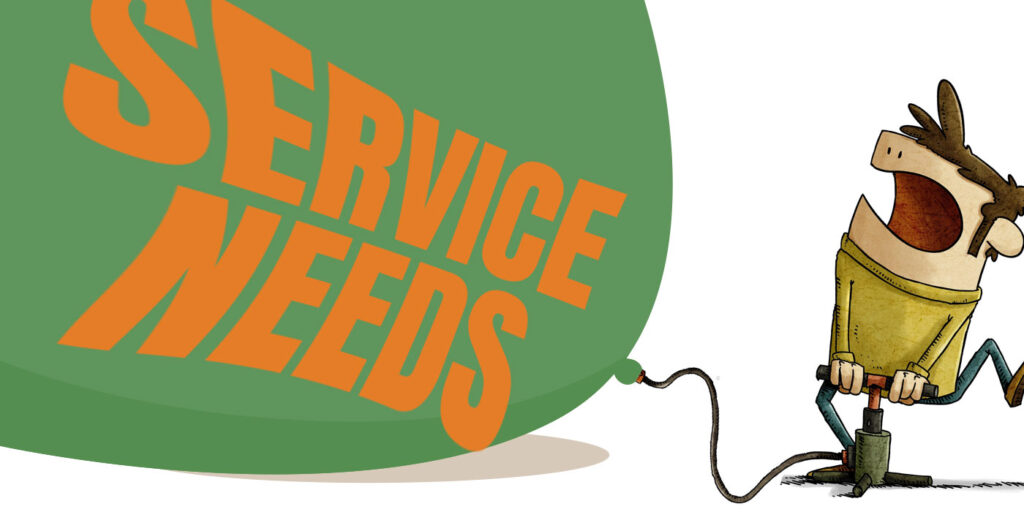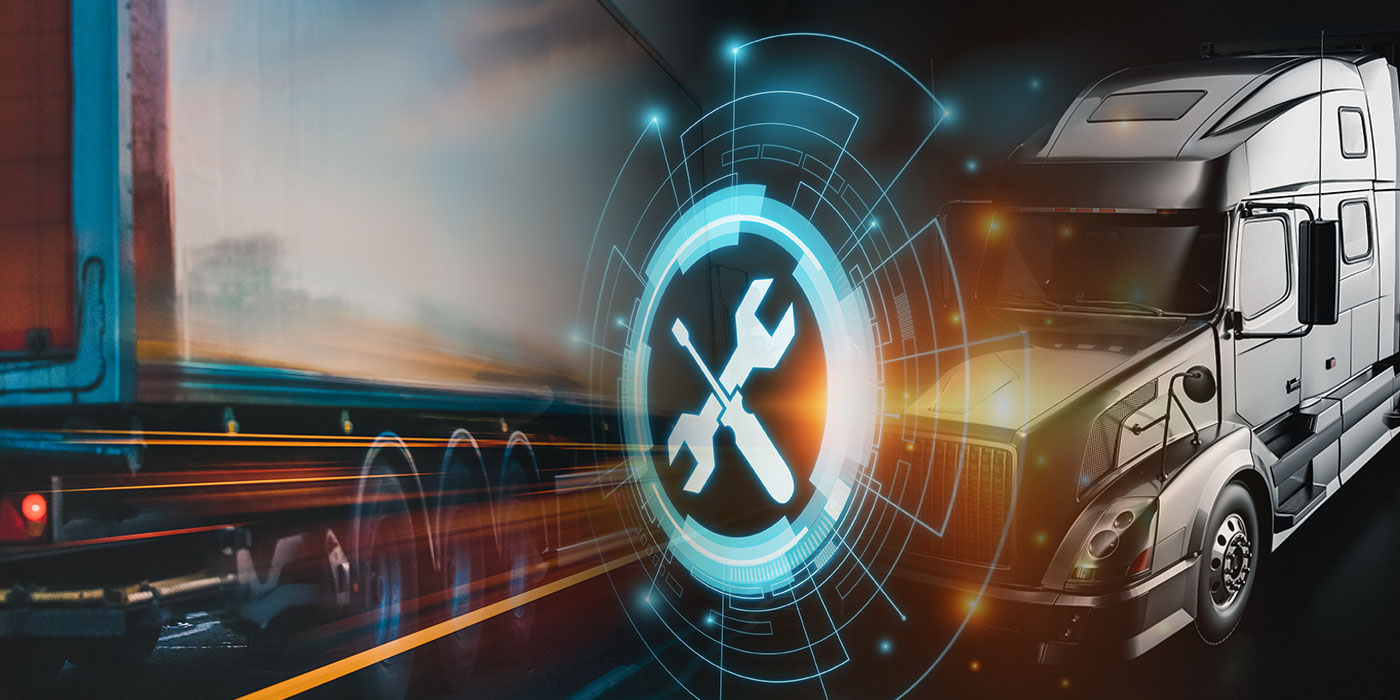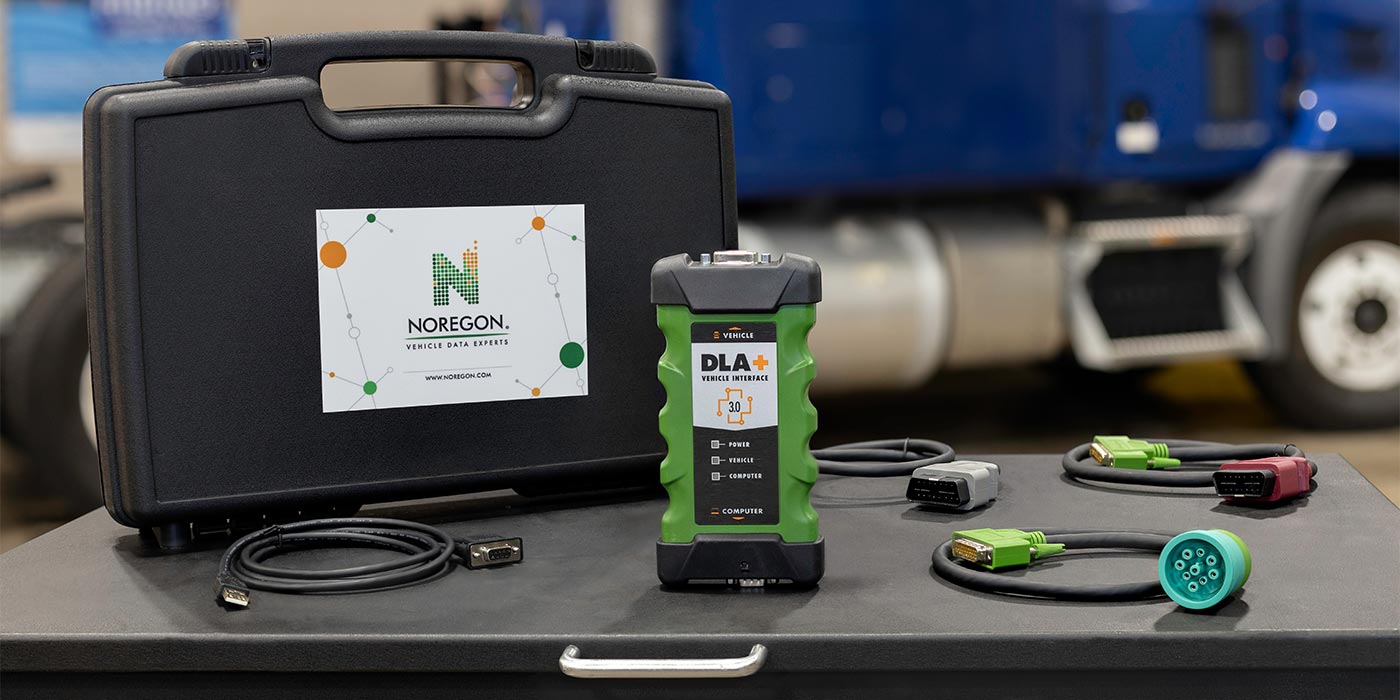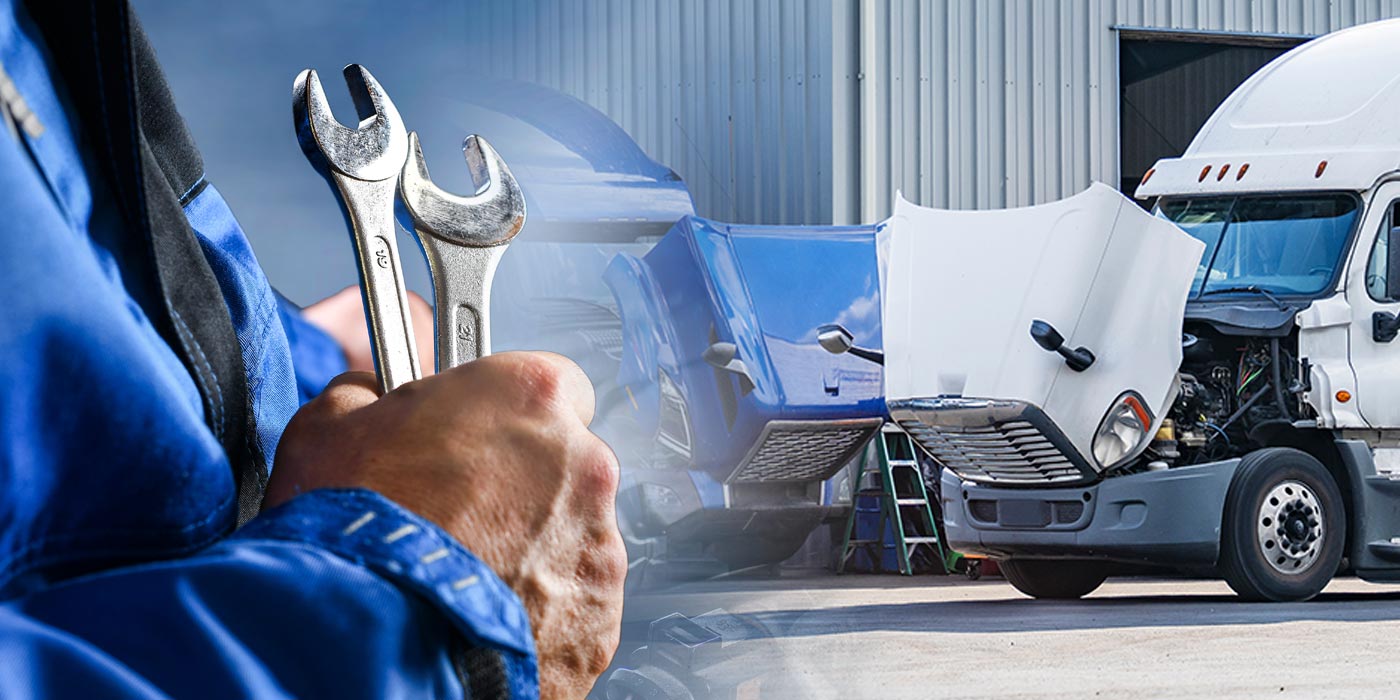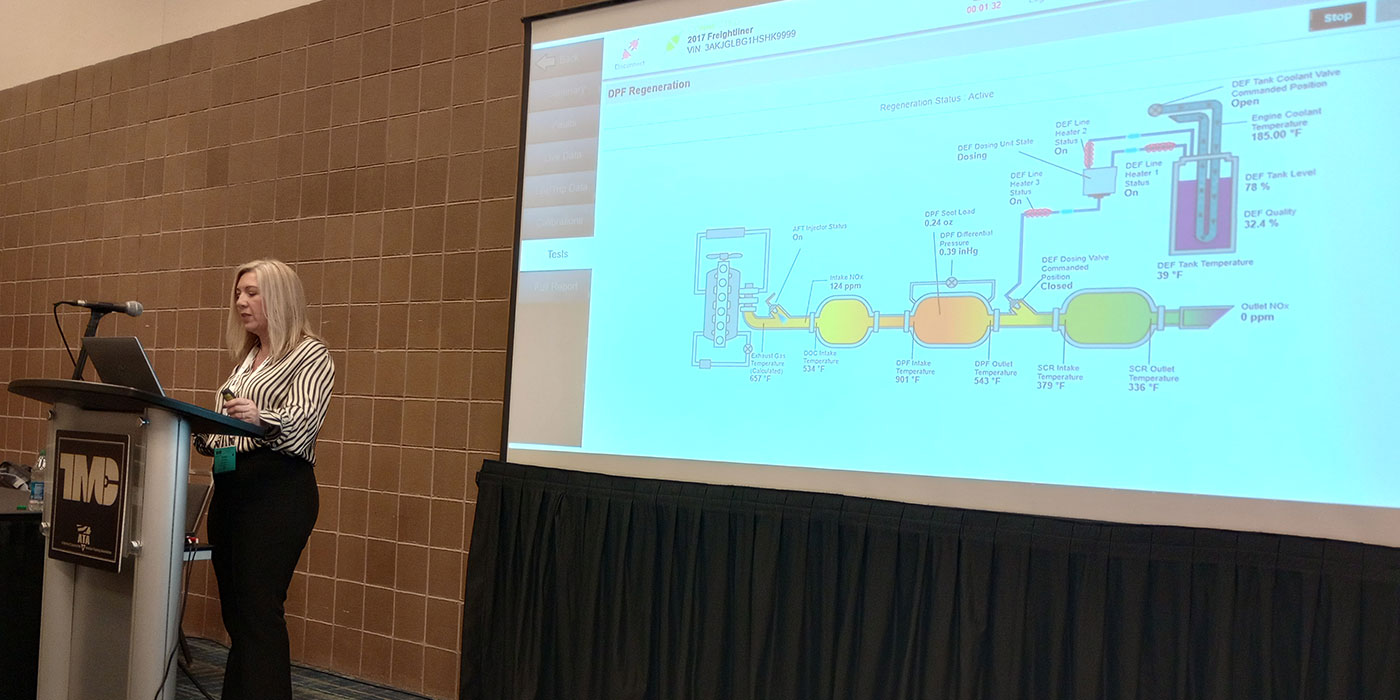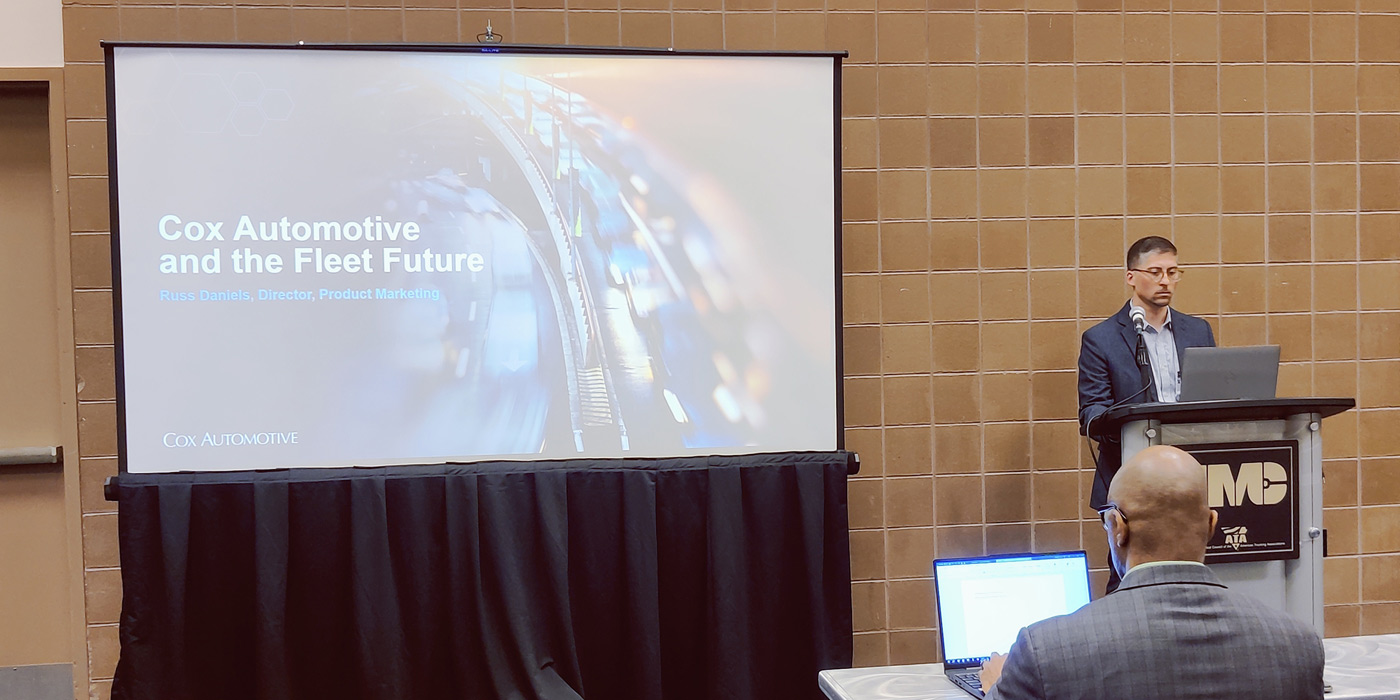Recently, a well-season VP of Maintenance took his personal pickup truck to the dealership when for routine service. During the visit, he also asked about a TPMS sensor replacement, but the cost was $300 plus. This VP knew that this was a tad “salty,” which in the northeast means expensive. Yet, it was a respected dealership that had been servicing this vehicle from birth, and they had been fair and reasonable. Remember that: Fair and reasonable….
Because then came the sales pitch. The service writer tells the VP of Maintenance that he needs to replace the lug nuts on all four wheels of his pickup. (Of course, the service writer was unaware that he was talking to a fleet professional who manages hundreds of vehicles.)
“Why?” the VP of Maintenance asked.
“Because they are swollen and unsafe to use.”
The conversation continues and it starts to get intense. The VP of Maintenance, who has little tolerance for stupidity, asks if the threads were stretched. The answer was: no. So why does he need new lug nuts?
“Well, you don’t understand. After a while, they become swollen and must be changed.”
Swelled from what?
“You just don’t understand.”
The VP asked to speak to the service manager, who comes to the desk and backs up his service writer. Keep in mind the pickup truck was in for a quick oil job—they never even touched the tires and it only had 70,000 miles on it.
This is what happens when you start paying commission on selling French fries with the hamburger—a “swelling” of service “knowledge.” Now, the VP of Maintenance will never go back to that dealership because of their persistence in taking advantage of the customer to increase the bottom line. How many people would just say, “okay”?
This is also happening at heavy-duty truck dealerships. Air filters, front end or full vehicle alignments, and oh yeah—the triage charge. The fact is that if we want the trucks serviced, we have to accept it. The goals of a dealership and the goals of a fleet are completely different. One is to save money on service and the other is to make money on service. Neither of these business goals are wrong, just different.
As fleet manages, we need to understand that the dealer’s goal is to repair what is requested and upsell where they can. This does not come from fleet maintenance experience but rather from commissions for upselling. The dealership is going to replace everything in the repair path. They do this to protect themselves from comebacks.
Dealers charge all repairs at flat rate and call you when they have a lot of extra time. That’s the way it is. Estimates are just that: Estimates. And if the service is at contract price, they are not in business to lose money. Even under a contract repair price, there are things that you don’t see when estimating the repair.
Think of it this way: If you have heart surgery and the doctor told you that you’ll need three bypasses. Then he opens you up and you need five, what do you want him to do? That’s right–replace the other two.
In conclusion, up selling, flat rating, replace everything, cover dead time, and protecting themselves is part of dealership business. You must visit dealerships during repairs to guide and direct them how you want it repaired, but you must accept the responsibility if things do not work out.
After all, if you want the lowest repair cost, you have to be a part of the decision and accept responsibility for part of the outcome. I say: Fix it like warranty pays you, fixed as failed. I do not want French fries or the swollen lug nuts replaced.

